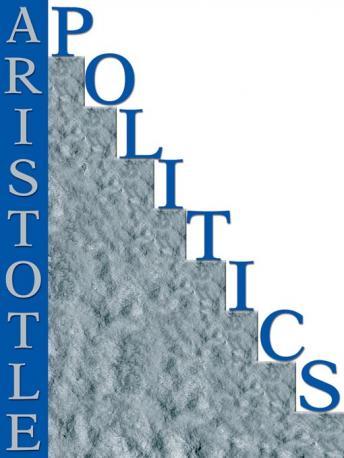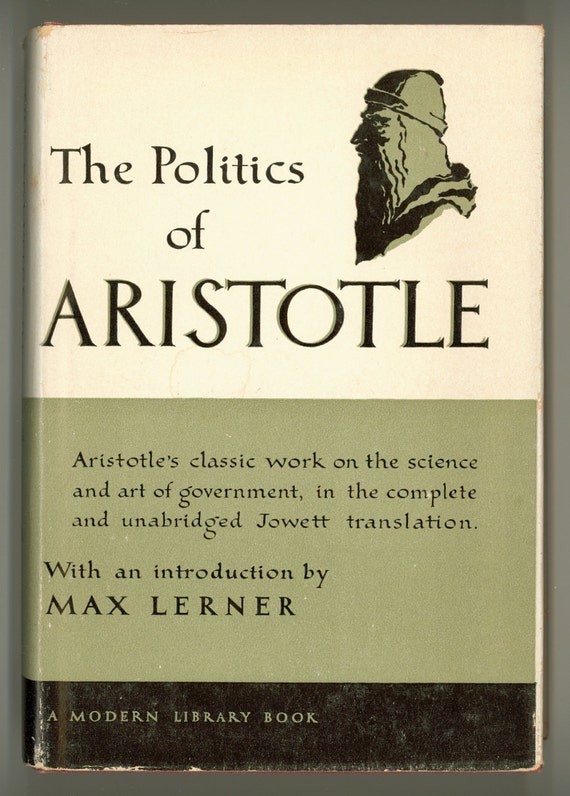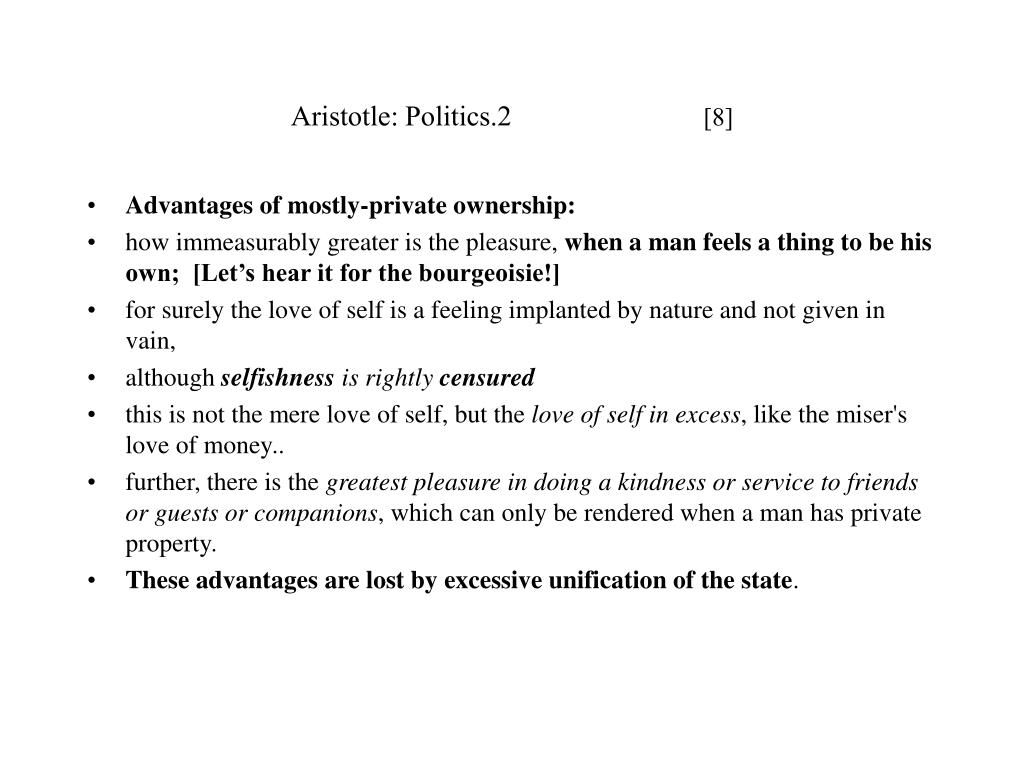


No, he sought to allow future generations the opportunity to not only to get their hands on Delba Winthrop’s only solo-authored book length work, but also the ability to read it as well as she generally left it when she delivered it for deposit at the Harvard Graduate School in 1975. He could not let his late wife’s work on Aristotle not be lost to the future as some rather inaccessible Harvard doctoral thesis from 1975, something he did for his daughter and her dissertation on French history, after she died tragically in a car crash. In fact, we owe the publication of this book to Harvey Mansfield. It seems that Delba Winthrop, who died in the summer of 2006, never seems to have seriously attempted to publish this book while she was alive. Yet before I continue to discuss the book, I believe that I need to give some context in how this book finally could be in the hands of readers interested in Aristotle’s political thought. No, it is one of those pieces of scholarships that challenge future generations of scholars to follow in her footsteps and do to other thinkers and their works what she does to Aristotle’s Politics III. Chicago: University of Chicago Press.ĭelba Winthrop’s Aristotle: Democracy and Political Science is an outstanding piece of work. References appear in order of importance clusters of references are intended to be considered together (though some numbers may refer to the same point).Aristotle: Democracy and Political Science. I also refer to the chapter and section divisions found in the same editions.

References to Aristotle’s texts are to the Bekker line numbers as found in Dreizehnter’s edition of the Politics, Susemihl’s edition of the Nicomachean Ethics, and the Loeb editions of other works. I use the following abbreviations for Aristotle’s works: The quotation from Joachim Ritter’s Metaphysik und Politik in the Appendix, “Premises of Interpretation,” was translated with help from a Berlitz Language Center. Translations of commentary in French are my own. Pangle’s translation (New York: Basic Books, 1980), respectively. Quotations of Plato's Republic and the Laws are from Allan Bloom’s translation (New York: Basic Books, 1968) and Thomas L. Any emphasis in quotations of Aristotle is mine. For full and specific references, see the Bibliography. My translations of Aristotle’s other works were generally from the texts provided by the Loeb editions I consulted the Loeb translations and those of the Clarendon Aristotle Series. In translating from the Nicomachean Ethics I used the text edited by Franciscus Susemihl and consulted the translations of Terence Irwin, H. I have translated portions of Aristotle’s Politics from the text edited by Alois Dreizehnter, consulting the translations of Ernest Barker, Carnes Lord, W.


 0 kommentar(er)
0 kommentar(er)
